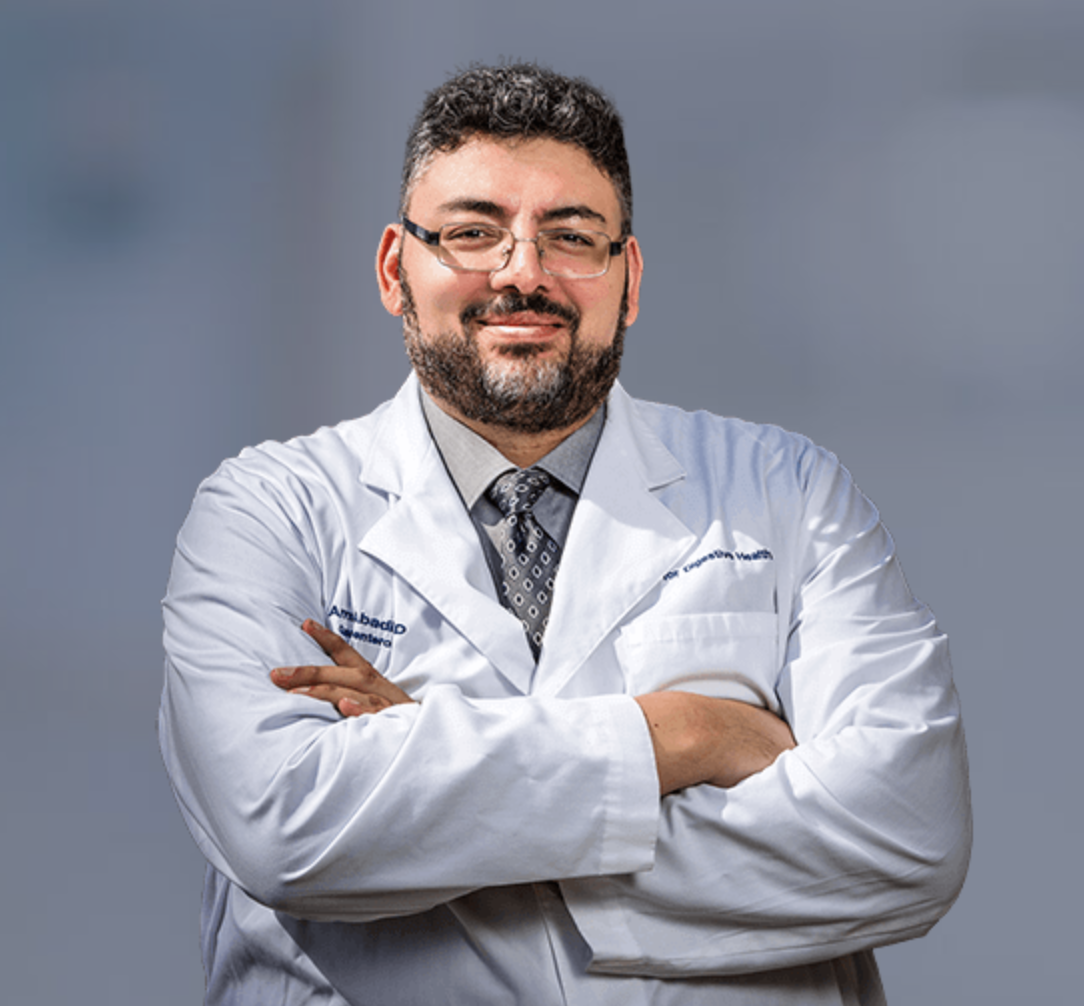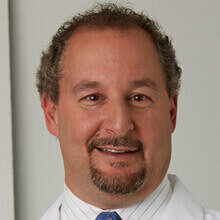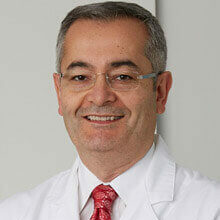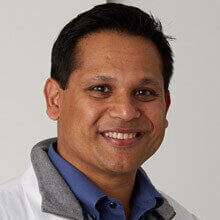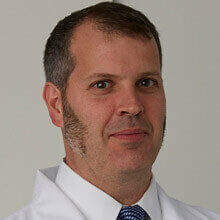Radiofrequency Ablation
Radiofrequency ablation uses the HALO-BARRX treatment to treat Barrett’s Esophagus, by using an endoscopic ablation technique to remove the diseased lining of the esophagus.
What to Expect
After you have met with your doctor and they have recommended a radiofrequency ablation, they will explain the procedure in detail. When you arrive for the procedure, a nurse will start an IV in your arm so the CRNA can administer your sedation. You will like on your left site.
You will have your Barrx ablation during an upper endoscopy procedure. For the upper endoscopy, your doctor will use a flexible tube called a gastroscope to look at the inside of your esophagus on a television monitor. Barrx ablation uses radiofrequency energy (heat) to kill the abnormal cells. Killing these cells can prevent the tissue from turning into cancer. Once the abnormal cells are gone, new, healthy cells can replace them.
What preparation is required?
You will be asked to avoid drinking or eating anything the six hours leading up to the procedure. You can have some clear liquids until about two hours before the ablation. Your doctor will give you more specifics on preparing for the procedure.
What about my current medications?
If you are taking medications on the day of the procedure, you can take them with just enough water to swallow them, no less than 2 hours prior to your procedure. If you are taking medications to thin your blood or antiplatelet medications, you will be instructed by your physician on when to stop them prior to the procedure. Most other medications can be taken immediately following the procedure. Diabetics who take insulin will need to consult with the healthcare professional that manages diabetes medication to see what adjustments may be safe and needed.
What happens after a Radiofrequency Ablation?
Your doctor may have some restrictions for you immediately after the radiofrequency ablation. You will need to avoid driving a vehicle or operating machinery for at least 24 hours. You will be instructed to be on a liquid diet for the remainder of the day, followed by a soft diet for 1 week. You may resume your regular diet following that.
What are the possible complications of radiofrequency Ablation?
The RFA has proven to be a safe procedure, but as with any procedure there are some possible complications. Chest pain occurs in the majority of patients who are treated and generally lasts for a few days. Management with medication that will be prescribed prior to your procedure has been effective in most patients. In 1–2% of the patients, the pain has been more severe and longer lasting, and rarely, hospitalization for pain management is required. The most common delayed complication has been the development of esophageal strictures (narrowing). This is more likely to occur in patients who have had EMRs and in some areas where treatment has been overlapped. Perforations (tears in the lining of the GI tract) have occurred, but they are extremely rare and usually happened during insertion or removal of the ablation catheter.
Why do I need to drive be home?
You will need an adult who can drive you home safely following the procedure. Since you are sedated for this procedure, your reflexes may be slowed, and your judgment altered. You will be instructed to refrain from driving for the rest of the day.


